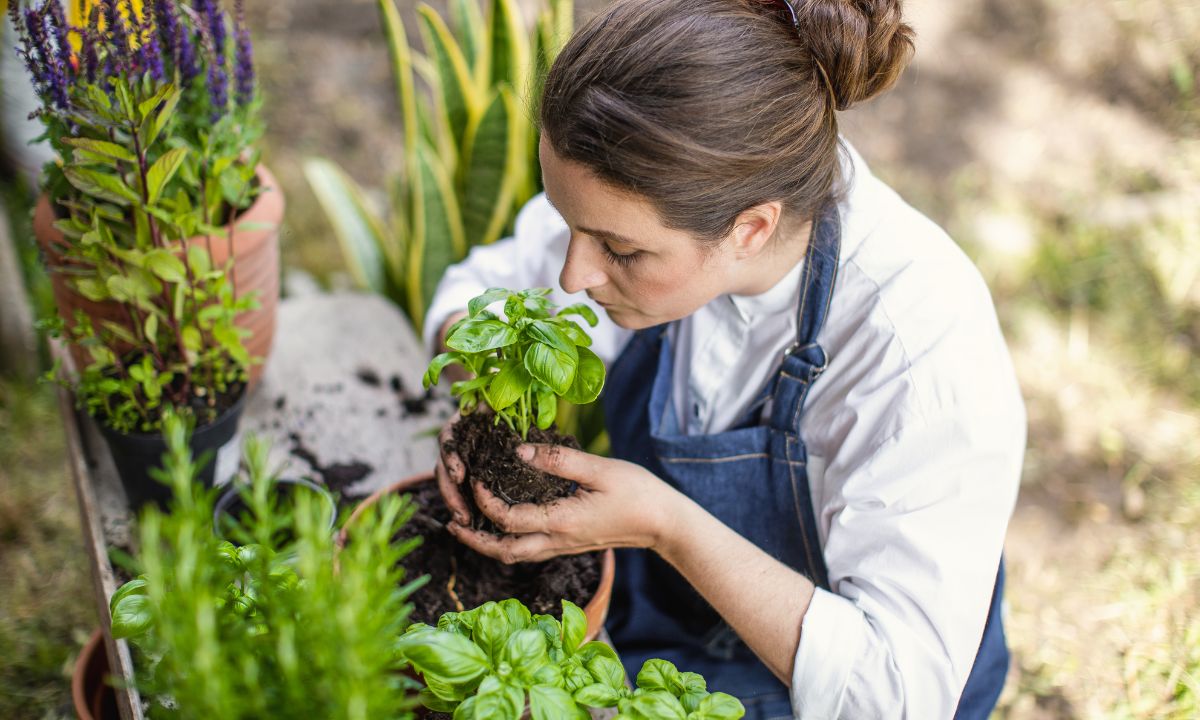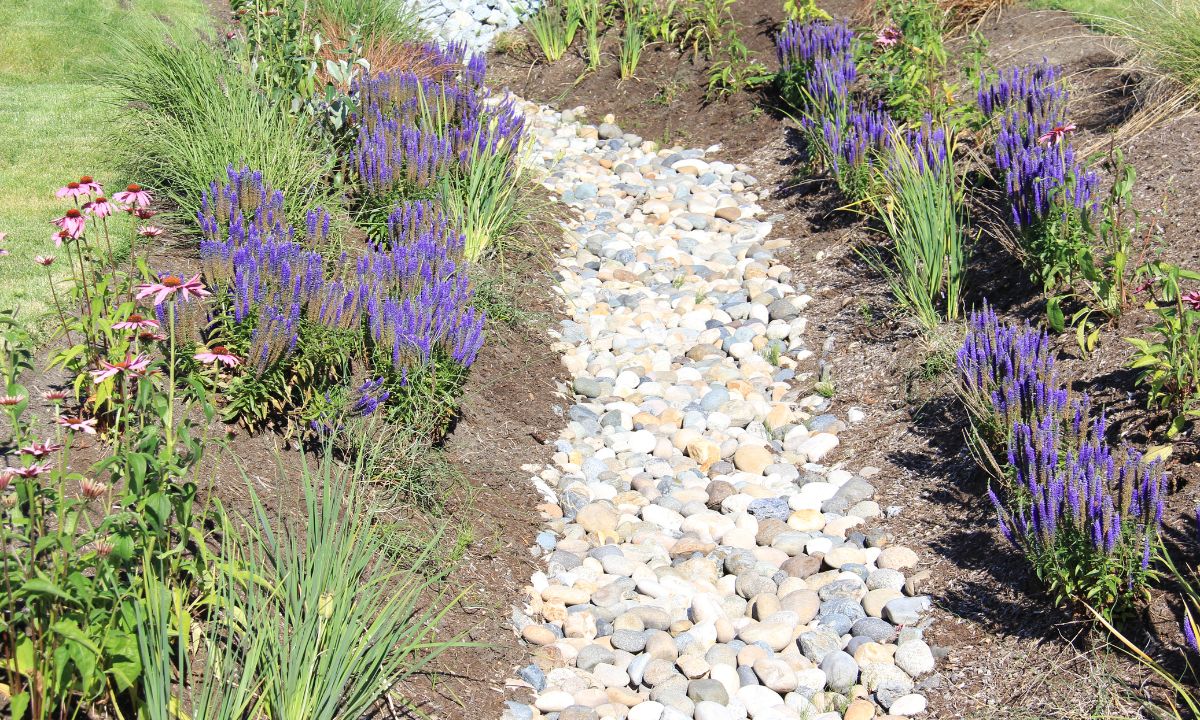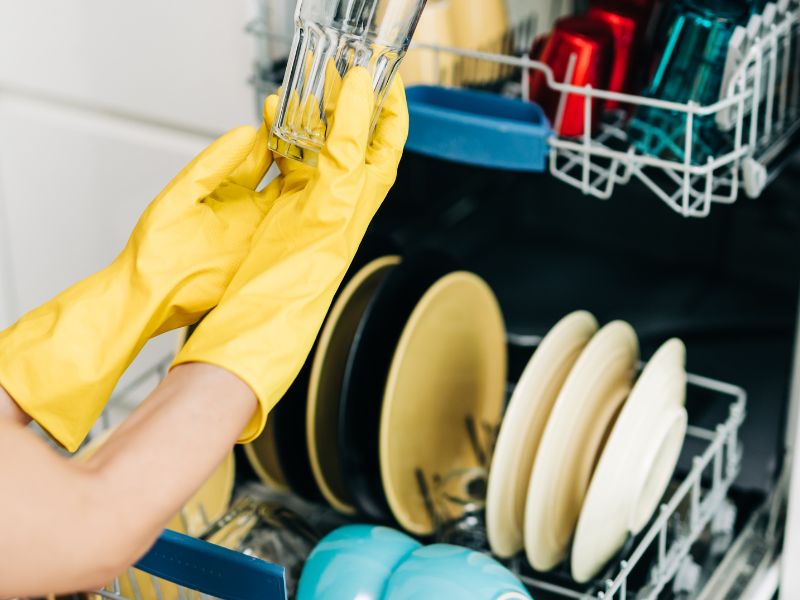 Investing in your home by remodeling or renovating is an excellent way to increase its value. However, a significant renovation project can quickly turn into a disaster, especially for those who are inexperienced. Let’s take a look at four of the more common home renovation mistakes that homeowners make and how you can avoid them.
Investing in your home by remodeling or renovating is an excellent way to increase its value. However, a significant renovation project can quickly turn into a disaster, especially for those who are inexperienced. Let’s take a look at four of the more common home renovation mistakes that homeowners make and how you can avoid them.
Mistake #1: Skipping The Permit Process
The first mistake you will want to avoid is undertaking any home renovation without the required permits. While some remodeling projects will not require a permit, others will. Regardless, it is more than worth taking the time to do your research to ensure you do not run afoul of the law. A visit to the city’s website or a quick phone call is all you will need to find out if a permit is required and how much it will cost.
Mistake #2: Being Afraid
A great way to ruin your renovation is to be too afraid to transform the space into whatever best suits your family. Try to avoid being trendy and going with renos that you saw recently on television. Instead, consider how you currently use your kitchen, bathroom, or whatever other space you’re changing and improve it for the better.
Mistake #3: Using Cheap Materials Or Labor
When it comes to contractors, going cheap is rarely a good idea. You want someone who is going to do the best quality of work at a fair, affordable price. Moreover, since you’re investing in that contractor, it is best to also invest in using high-quality materials for the job.
Also, don’t be the type that skimps on costs just because something isn’t visible. A good example is if your contractor recommends that you install something like a bathroom membrane system. Yes, it’s an extra cost that is mostly a preventive measure against mold getting under your tiles. However, it is a small consideration in protecting the more substantial investment you’re making in upgrading your home.
Mistake #4: Changing Your Mind
As the old saying goes: “measure twice, cut once.” Changing your mind in the middle of your renovation is almost certainly going to cost you. Once you commit, try to stick to the plan unless circumstances force you to make a change. These are just four of the many mistakes that can be made by an inexperienced home renovator.
 Growing your herbs not only enhances your meals but also adds natural beauty to your garden. Whether you have a small balcony or a sprawling backyard, cultivating herbs offers a rewarding and sustainable way to enrich your home. Let’s explore how to select the best herbs for your garden, provide them with optimal growing conditions, and even harvest and preserve your bounty. Plus, you’ll learn how to create flavorful herb-infused vinegars to enjoy all year long!
Growing your herbs not only enhances your meals but also adds natural beauty to your garden. Whether you have a small balcony or a sprawling backyard, cultivating herbs offers a rewarding and sustainable way to enrich your home. Let’s explore how to select the best herbs for your garden, provide them with optimal growing conditions, and even harvest and preserve your bounty. Plus, you’ll learn how to create flavorful herb-infused vinegars to enjoy all year long! When selling a home, staging can be the key to a faster sale. It helps buyers imagine living in the space and showcases the home’s best features. Here are five simple tips to stage your home and make it more appealing:
When selling a home, staging can be the key to a faster sale. It helps buyers imagine living in the space and showcases the home’s best features. Here are five simple tips to stage your home and make it more appealing: When it comes to constructing your house or undertaking home improvement projects, the roof is a crucial component. It’s not just about aesthetics; the roof provides essential protection against the elements. Investing both money and time into selecting the right roofing material is vital, and a little extra research can go a long way.
When it comes to constructing your house or undertaking home improvement projects, the roof is a crucial component. It’s not just about aesthetics; the roof provides essential protection against the elements. Investing both money and time into selecting the right roofing material is vital, and a little extra research can go a long way. What is Grading?
What is Grading? If you’re actively preparing to list your home for sale, resist the temptation to make major home improvements. Focus on minor projects instead for a better return on your time and money. It’s the smaller projects that tend to have a bigger, long-term payoff.
If you’re actively preparing to list your home for sale, resist the temptation to make major home improvements. Focus on minor projects instead for a better return on your time and money. It’s the smaller projects that tend to have a bigger, long-term payoff. In recent years, solar panels have emerged as a sustainable and environmentally friendly solution to power generation. As the world continues to grapple with the effects of climate change, the adoption of solar energy has gained momentum. Beyond its positive impact on the environment, many individuals and businesses are also drawn to the potential savings associated with solar panel installations. However, amidst the growing popularity of solar energy, several myths and misconceptions persist.
In recent years, solar panels have emerged as a sustainable and environmentally friendly solution to power generation. As the world continues to grapple with the effects of climate change, the adoption of solar energy has gained momentum. Beyond its positive impact on the environment, many individuals and businesses are also drawn to the potential savings associated with solar panel installations. However, amidst the growing popularity of solar energy, several myths and misconceptions persist. As kitchen appliances go, there are few loved more than the dishwasher. They can be a major time saver – that is if your dishes are coming out clean. Let’s take a quick look at a few steps you can take if your dishwasher is not doing its job.
As kitchen appliances go, there are few loved more than the dishwasher. They can be a major time saver – that is if your dishes are coming out clean. Let’s take a quick look at a few steps you can take if your dishwasher is not doing its job. Are you starting to get the renovation itch? With spring on the way, you might be tempted to launch those home improvement projects that you contemplated over the winter. However, as with any project, you will want to get things right. Let’s take a look at four renovation shortcuts that can lead to disaster and the steps you can take to avoid them.
Are you starting to get the renovation itch? With spring on the way, you might be tempted to launch those home improvement projects that you contemplated over the winter. However, as with any project, you will want to get things right. Let’s take a look at four renovation shortcuts that can lead to disaster and the steps you can take to avoid them.